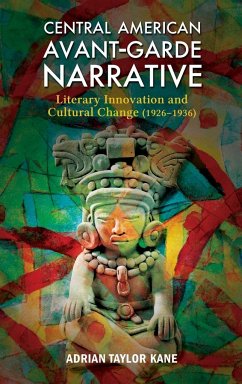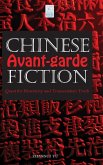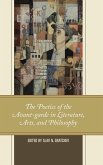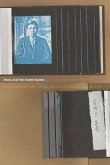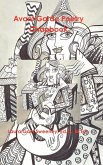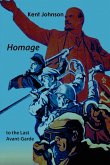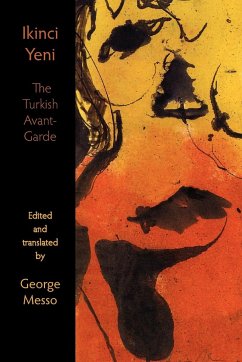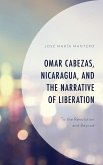This book is in the Cambria Studies in Latin American Literatures and Cultures Series (General editor: Román de la Campa, University of Pennsylvania). "Central American Avant-Garde Narrative is an exemplary work of literary criticism that re-envisions the canon of Central American literature and is destined to set a new standard for ethical, comprehensive research. Specialists and students, after reading this work, will have a clear understanding as to why prose fiction by certain lesser-known writers (Max Jiménez, Flavio Herrera and Rogelio Sinán) from this region needs to be rescued from oblivion and, concomitantly, why stories and novels by one of Hispanic America's most accomplished authors (Miguel Ángel Asturias) should be reexamined with an innovative, interdisciplinary perspective. It also elucidates very effectively the aesthetic divergences of literary works of the Latin American and European avant-garde. Most importantly, readers will appreciate the author's carefully crafted definitions of the basic terminology (positivism, modernismo, Surrealism, etc.) necessary for analyzing Central American avant-garde narrative and for coming to a fuller understanding (the best I have ever read!) of how and why Vanguardists rejected positivism's racist, oligarchical values and incorporated surrealist techniques (in the case of Asturias) 'as a form of cultural exploration and continued resistance to the effects of colonialism' necessary 'to conjure complex realities of Guatemalan culture', especially with regard to this country's indigenous population." - Steven White, Lewis Professor of Modern Languages, St. Lawrence University; and editor of El consumo de lo que somos: muestra de poesía ecológica hispánica contemporánea "This is the first book study on Vanguardia narrative of Central America in the early twentieth century, and an important addition to Latin American scholarship. Literary production in the 1920s is greatly overlooked due to international fanfare around the "Boom" of the 1960s, but in fact, avant-garde novelists influenced writers throughout the twentieth century. The chapters are very readable, and the introduction is an excellent critical guide for those unacquainted with this era." - Elizabeth Coonrod Martínez, Professor and Director, Center for Latino Research, Depaul University; and author of Before the Boom: Latin American Revolutionary Novels of the 1920s

